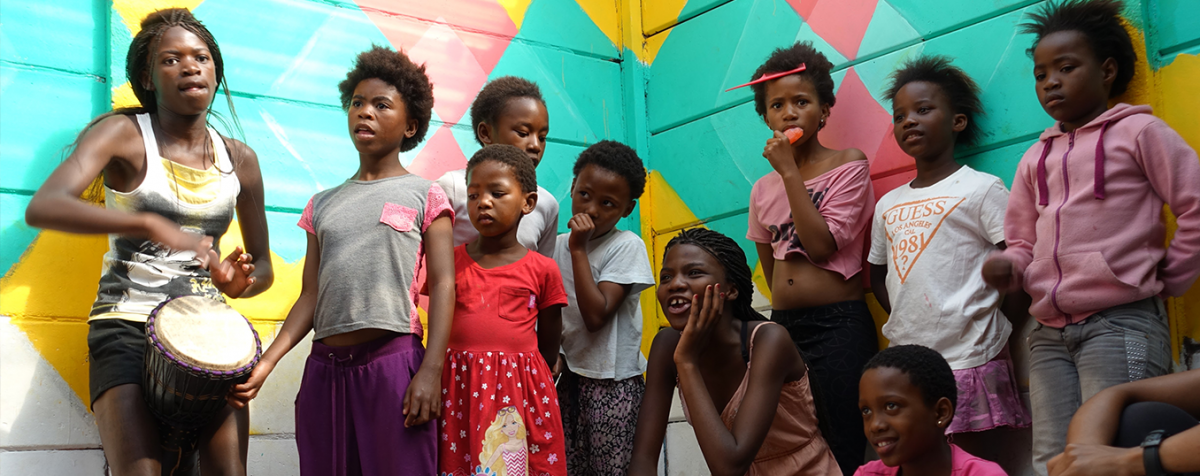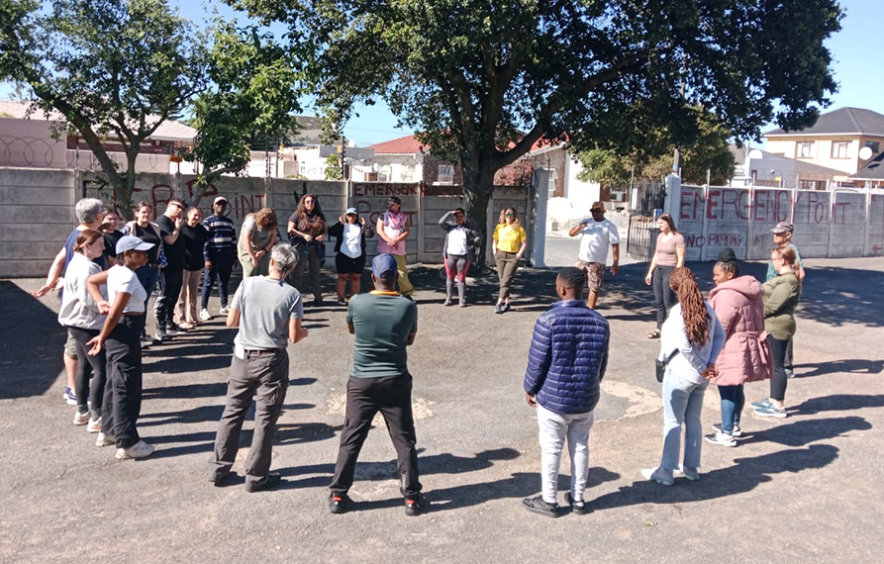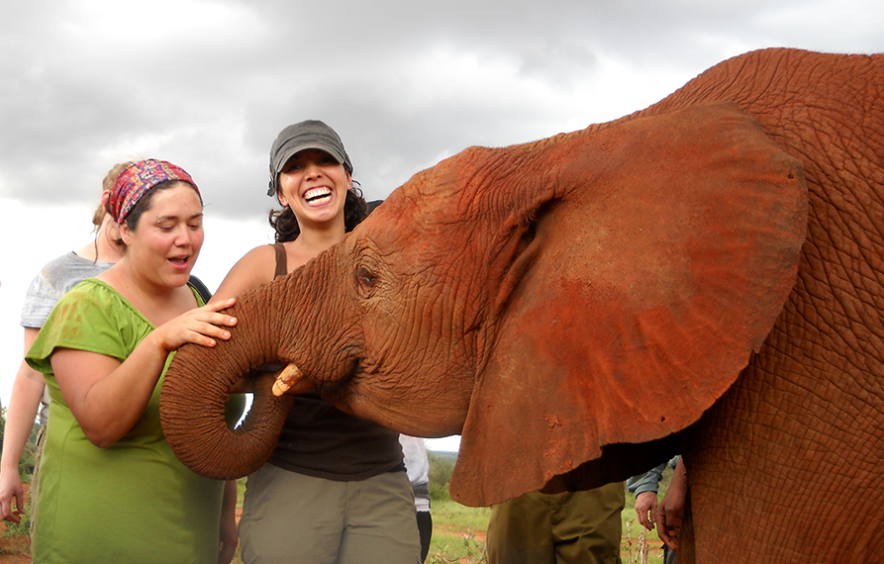International Social Work Courses and Internships
Preparation for Global Social Work Practice
A growing number of social workers are choosing to live, learn and work abroad in nongovernmental organizations and service agencies. Whether you aspire to work abroad, study social work abroad or build your cultural competence to work with diverse populations in the U.S., the international social work course, internships, Global Social Work certificate at Graduate School of Social Work (GSSW) are a great place to start.
We approach international coursework in long-term partnership with communities, adjusting our course content to address what communities need most. Guided by the principles of human rights and global justice and with an emphasis on community impact, our international immersion course and international internship process will help you understand the impact of global forces on the vulnerable populations we serve, both at home and abroad. You’ll gain critical skills such as problem solving, a deepening of empathy, and understanding of and respect for other cultures. Most important, you’ll build relationships with and provide support to communities that experience significant hardship.
35,000 Over the last 10 years, GSSW students spent over 35,000 hours learning and making a difference abroad.
Key Faculty
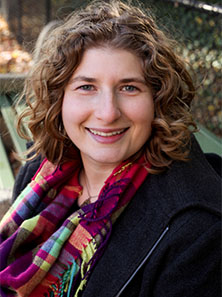
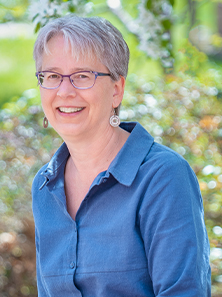
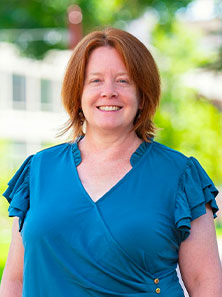
Recent Stories
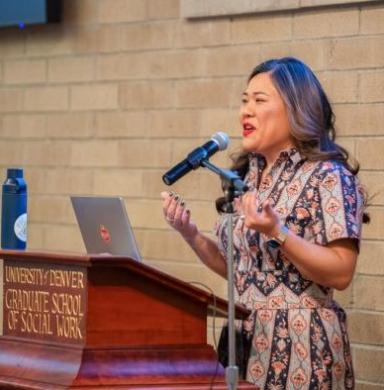
Advancing Child Welfare Workplace Justice
Through her research, Prof. Amy He is helping to support the health and well-being of the U.S. child welfare workforce.
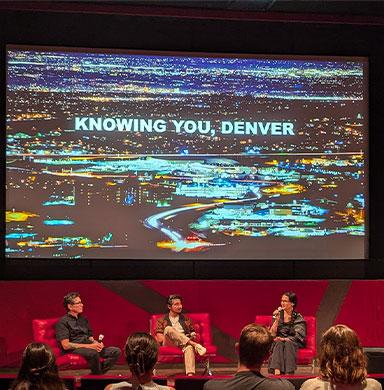
Exploring Denver's Cultural Landscape
Associate Professor Ramona Beltrán helped create a data-driven, community-designed film project on display at the Denver Art Museum. The film explores Denver’s diverse cultural landscape.

Growing Ecological Resilience
A new MSW Certificate in Mental Health for Ecological Resilience and Adaptation will prepare students to address the mental health effects of converging global ecological and social crises.
